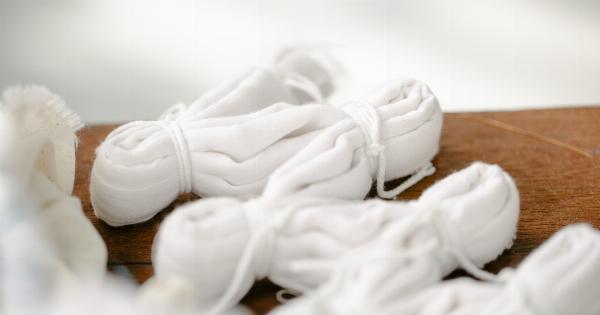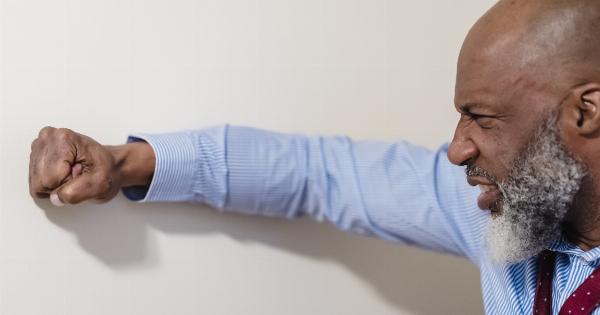Experiencing rejection is a painful and difficult experience to go through. Whether it’s a rejection from a job, a lover, or even a friend, it’s never easy to handle. It can leave us feeling hurt, sad, angry, and even hopeless.
What is Rejection?
Rejection is a feeling of being excluded, ignored, or discarded. It can come in many forms, such as being turned down for a job, being dumped by a partner, or being ignored by a friend.
Rejection is a part of life, and we all experience it at some point or another.
Why Does Rejection Hurt So Much?
Rejection hurts because it goes to the core of our self-esteem. When we are rejected, we feel as though we are not good enough, not worthy enough, and not lovable enough. It can trigger feelings of shame, embarrassment, and anxiety.
We begin to doubt ourselves and our abilities.
How to Cope with Rejection?
While rejection is a painful experience, there are some things we can do to help cope with it. Here are some strategies to keep in mind:.
Allow Yourself to Feel
The first step in coping with rejection is to allow yourself to feel the emotions that come with it. Give yourself permission to be sad, angry, or hurt. Don’t try to suppress your emotions or deny them.
It’s okay to cry, yell or even write down how you’re feeling.
Take Care of Yourself
After experiencing rejection, it’s important to take care of yourself. This means focusing on self-care, such as making sure you’re eating well, doing exercise, and getting enough sleep.
Additionally, engaging in activities that bring you joy, such as reading, listening to music or going for a walk can relieve some of the pain caused by rejection.
Keep Perspective
It’s natural to feel as though the rejection you’ve experienced is the be-all and end-all. However, it’s crucial to recognize that rejection happens to everyone at some point in their lives. It’s an inevitable part of life.
Remembering that other people have gone through the same thing can help you keep things in perspective and understand that it’s not just you, and it’s not the end of the world.
Use Positive Self-Talk
When dealing with rejection, it’s common to have negative thoughts and feelings about ourselves. To combat these, use positive self-talk.
This means reminding yourself of your strengths, reminding yourself that your worth is not based on one experience and that you will bounce back. Speak to yourself the way you would speak to a good friend in a similar situation.
Learn from the Experience
Rejection can be a learning opportunity. Take some time to reflect on what happened, and ask yourself what you could have done differently. Look at any feedback that you received, and see where you can improve. Use the experience to grow and become better.
Stay Connected
Rejection can lead to feelings of isolation and loneliness, but it’s important to stay connected to others. Reach out to friends, family or even a mental health professional, for support.
Join groups or engage in activities to help you connect with people who share similar interests and ideas.
Acceptance
Lastly, it’s essential to remember that not everything is in our control. Sometimes, there’s just no answer to why we have been rejected, and we have to accept it. Accepting the situation and moving forward will help you heal, recover and move on.
Conclusion
Rejections can be tough to deal with. The pain and discomfort can be hard to manage, but it’s crucial to remember that everyone goes through it at some point in their lives.
The above strategies can help you manage your emotions and come to terms with the situation. Remember, rejection is not the end of the world, and it’s an opportunity to learn, grow, and become better.






























